- News
-
-
-
-
-
Latest News Articles
- Wildlife Vocalizations: Kylie Perez April 19, 2024
- Warning drivers about wandering wildlife April 19, 2024
- 2024 TWS Elections: Canadian Representative April 18, 2024
-
-
-
- Wildlife Professional Resources
-
- Our Network
-
- PUBLICATIONS
-
-
Recent Posts
-
 The Wildlife Professional November/December Issue
November 1, 2023
The Wildlife Professional November/December Issue
November 1, 2023
-
-
-
-
-
-
- Wildlife Events
-
-
-
Upcoming Webinars
- No Events
-
-
-
- Who We Are
-
Category: TWS Wildlife News
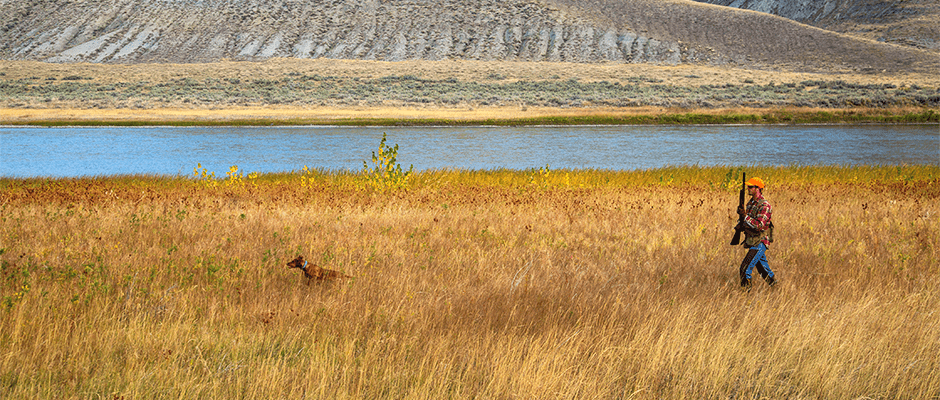
January 27, 2016
Bipartisan Sportsmen’s Act Passed by Senate Committee
On Capitol Hill, Congress is at work on a set of bills that will impact recreational hunting, fishing, shooting, and other outdoor activities. The Senate Committee on Environment and Public...
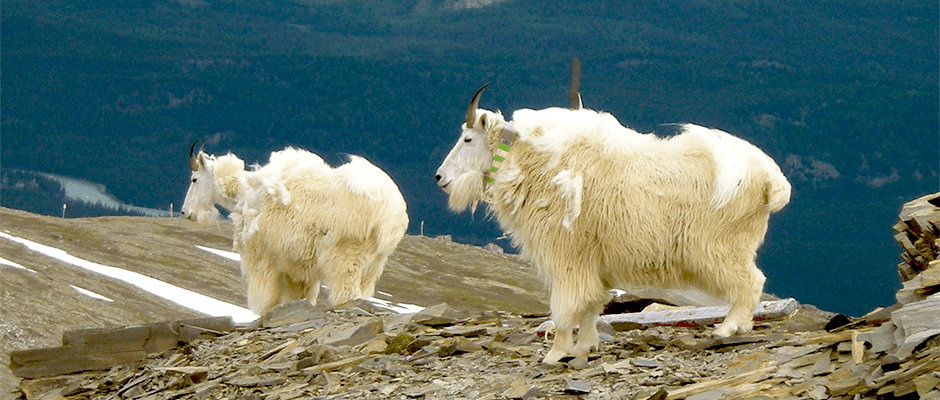
January 22, 2016
Mountain Goats Avoid Ski Resort Areas: JWM Study
Mountain goats don’t like to hit the same slopes as skiers, according to a new study that tracked goat activity around an Alberta ski resort. “The goats were really sensitive...

January 20, 2016
USFS Researchers Provide Insight into Gender Gap
It’s not news to most people that women are historically underrepresented in the natural resources field — including wildlife biology. When a group of U.S. Forest Service researchers began noticing...
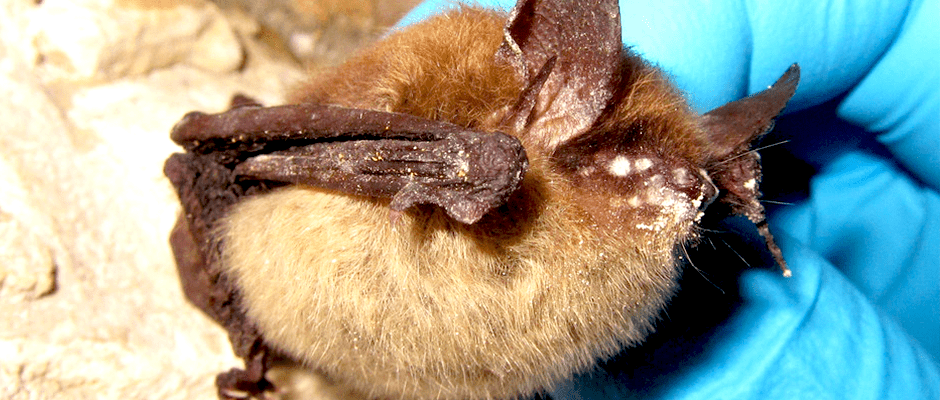
January 19, 2016
USFWS Regulates Human Interactions with Listed Bat Species
The U.S. Fish and Wildlife Service released a final ruling regarding human interactions with the northern long-eared bat (Myotis septentrionalis) under the Endangered Species Act. The final ruling comes after...
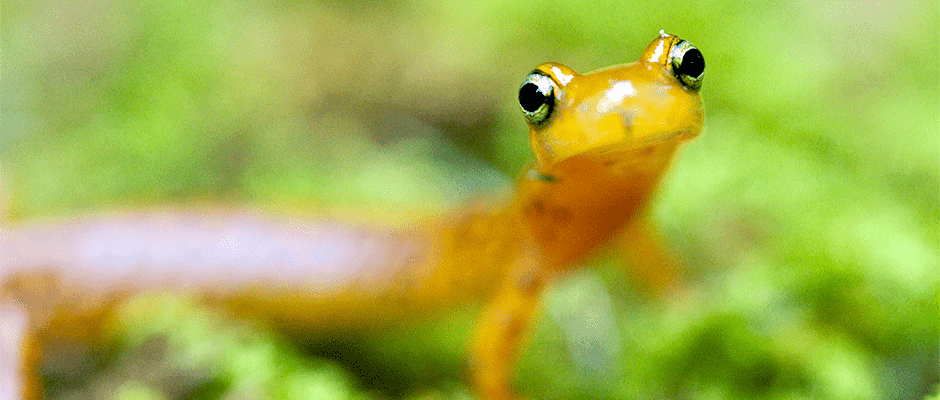
January 19, 2016
Ban on Salamander Trade to Prevent Spread of Lethal Disease
A fungus is spreading among European wildlife, killing nearly 100% of its hosts within about seven days, and a new rule under the Lacey Act is aiming to stymie the...
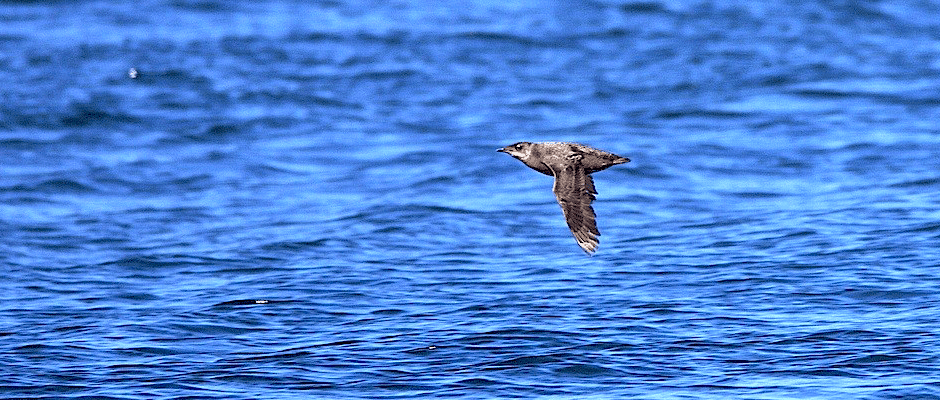
January 15, 2016
Fieldnotes: Acoustic Recorders Track Bird Activity
Recording devices present new opportunities for researchers to monitor bird populations, according to recently published studies. In California, researchers are using passive acoustics devices to listen in on elusive marbled...
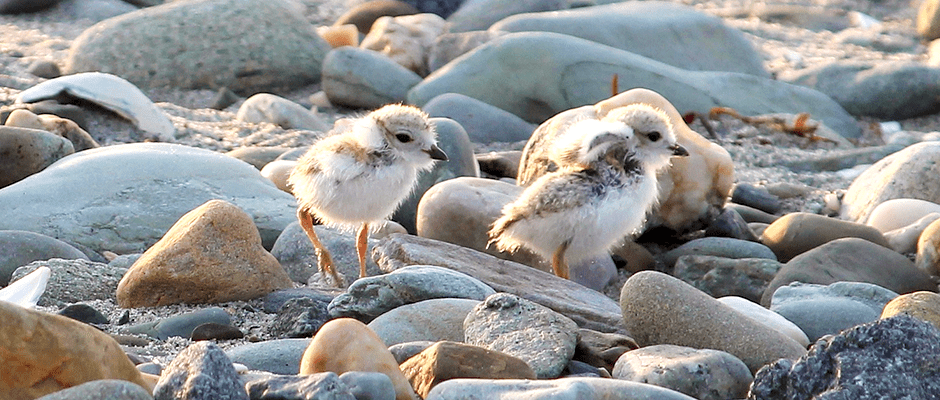
January 12, 2016
New Mobile App Helps Plover Conservation
Helping piping plover conservation might now be as easy as buying something on Amazon, according to Rob Theiler, a research geologist with the U.S. Geological Survey. A mobile application made...
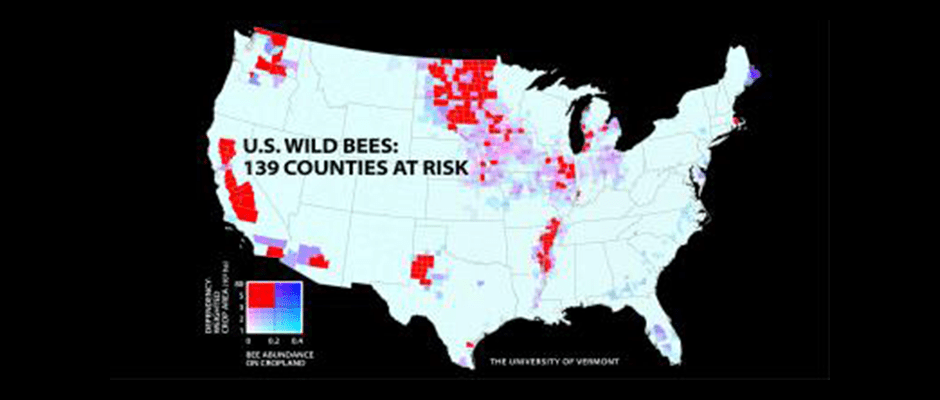
January 12, 2016
Researchers Create Wild Bee Abundance Map in U.S.
When it comes to wild pollinators, a lack of cohesive information makes it difficult to know much about bee abundance in the United States. “Without knowledge of the current status,...

January 8, 2016
Horse and Burro Coalition Launches Information Campaign
The National Horse and Burro Rangeland Management Coalition (NHBRMC), currently chaired by The Wildlife Society, has launched an information and education campaign to inform the public of the issues surrounding...
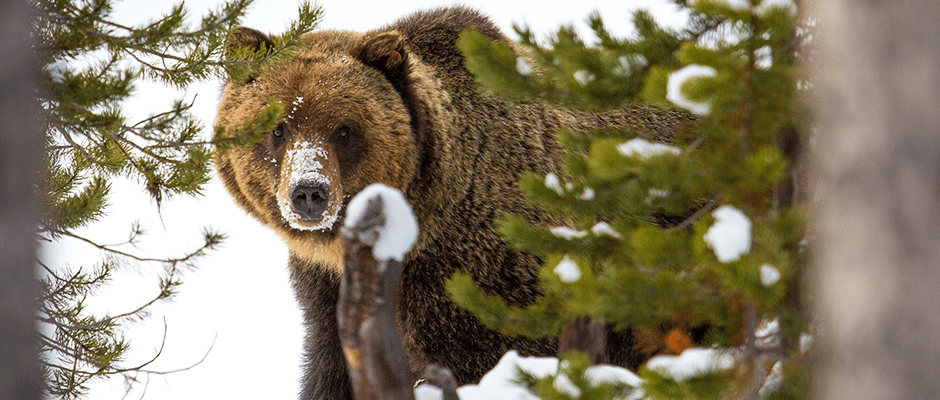
January 7, 2016
Yellowstone Grizzly Bear Deaths Increase
Last year, 59 grizzly bears (Ursus arctos) died in Yellowstone — the highest number of bear deaths in the region since 1970. Still, the impact may not be as large...

